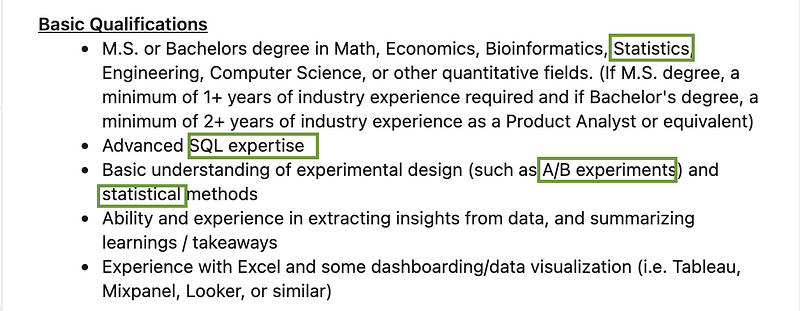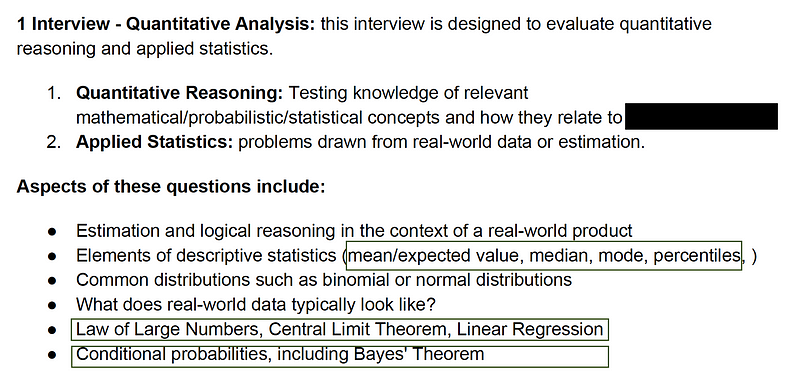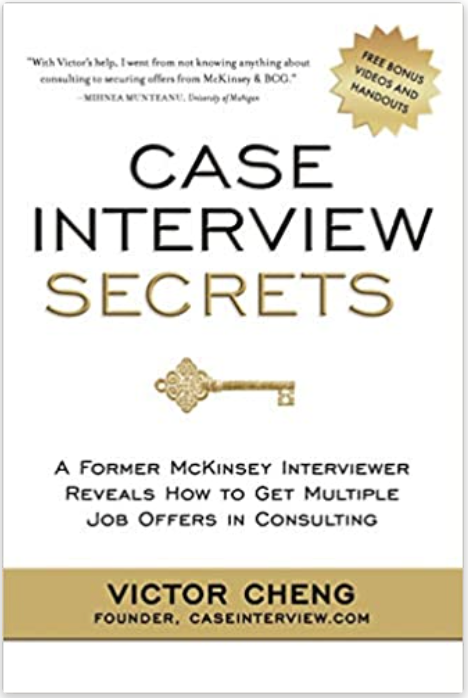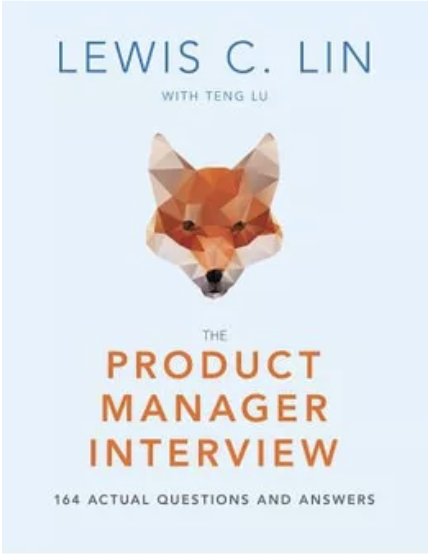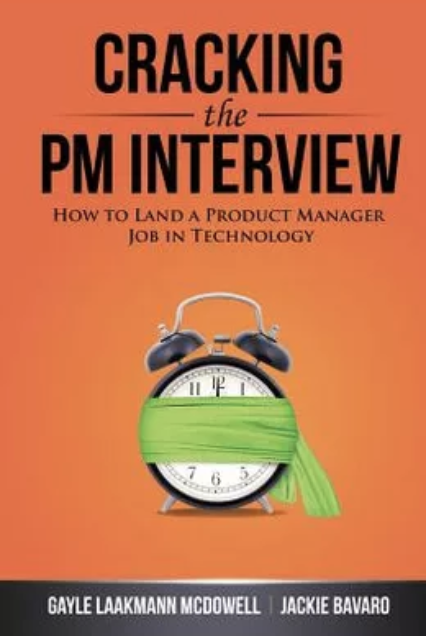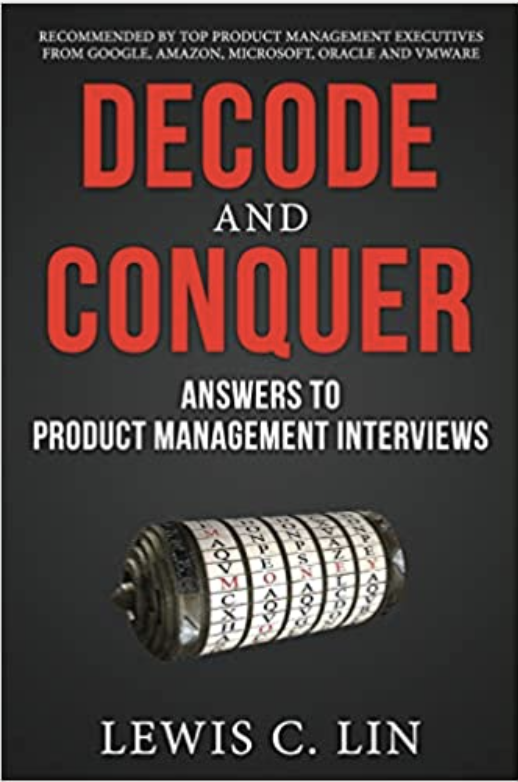The Ultimate Interview Prep Guide for Your Next Dream Data Job
What helped me interview successfully with FANG and unicorns for jobs ranging from product manager to data scientist

What helped me interview successfully with FANG and unicorns for jobs ranging from product manager to data scientist
After rounds and rounds of resume editing and hundreds of applications, you are finally hearing back from your dream companies; but instead of celebrating, you are entering another round of panic: What will the interview process be like? How do you prepare, and where do you start?
Everyone who has been through the recruiting process knows what I’m talking about. Adding to the level of panic, if you are like me, curious about and interested in different roles in the data world, you might be interviewing with different companies for different job titles (albeit all data-related). How can you possibly have enough time and energy to prepare for all these interviews for jobs with seemingly worlds-apart requirements?
Don’t despair; after going through several rounds of recruiting and interviewing for data-related jobs ranging from Product Manager (least technical and most business-focused) to Applied Scientist (ML-intensive and very little focus on business), I have realized that there is a lot of common ground in those interviews (a little digression: this reinforces my belief that skill sets in the data world are mostly transferrable, so don’t be afraid of making the “wrong” decision early on in your career, you can always pivot). I’m going to share the resources I have collected along the journey of preparing for those interviews to help you interview-prep more efficiently and effectively.
First things first, decide what to prioritize
There is a lot to cover when it comes to interview prep; in order to keep things manageable, I have split the content into two articles. In this article, we will first cover the most common interview topics among all the roles. In the next article I publish, I will then cover the more specialized interview topics for each specific role.
Since most people don’t have years (or even months) to prepare for these interviews, it’s important to have a plan for prioritization. Deciding what to focus on and how to split time across different topics really boils down to three factors: 1) What is the focus of the job profiles you are targeting? 2) What are the sizes of the companies you are applying for?, and 3) What are your weak areas?
What’s the focus of the role? It’s important to know whether the role you applied to is a Data Scientist role with a focus on metrics or an Applied Scientist with a focus on ML models so you know which area of the interview prep to put the most time in. I have a pretty detailed breakdown of different data-related job profiles and their requirements in my article about different career paths in the data world which should give you a solid idea about the distinction between Data Analysts, Data Scientists, and Data Engineers. For other roles, there are several ways to find out about this information:
The best way is to study the job description in detail. A well-written job description usually gives you a pretty good idea of what you will be focusing on in the role.
Another way is to check out the LinkedIn profiles of people who work at the companies that you are applying for in the same or related jobs. If most of them mention SQL in their role description or skills section, don’t be surprised when SQL shows up in the interview.
Lastly, don’t hesitate to leverage your recruiter. Recruiters want to set you up for success, so they are often happy to give you an idea of what will be covered in the interviews (or reach out to the team/interviewers on your behalf to get more information).
What’s the company size? The smaller the company, the more they need the hire to be a well-rounded data talent being able to wear multiple hats at the same time. At big companies like FANG, most jobs are already well-defined, and recruiting is a standardized process. Interviewers might proactively share detailed interview guidance, or provide more information on request.
However, if you are interested in startup roles, then your interview prep should be broad. Even if you applied for a Data Analyst role, you could be asked to whiteboard your code for one round and talk about ML models the next.
What are your weak areas? Hopefully, you already have a general idea about which areas you might need to improve on (I get tripped up by probability questions every time even though I was a math major); but if not, going through some of the sample questions in this document is a good way to assess your fluency in each topic. It also has some good preparation resources for each area.
Next, let’s dive into the common sections that you might encounter in interviews for data-related roles.
Section 1: Coding (Data Quering) Interviews (SQL)
Common for: Data Analyst, Data Scientist, Data Engineer, Applied Scientist
When applying for data-related roles, it is very likely that you will encounter a SQL test, either as a real-time coding interview or an offline / take-home test. Most companies I have interviewed with conduct coding interviews through coderpad.io, but it might ease your nerves to know that most interviewers won’t compile and run your code and are very lenient with regards to syntax errors since there are so many dialects for SQL. So to prepare, don’t worry about knowing the difference between week() and extract(week from timestamp), but definitely know the difference between inner join and outer join.
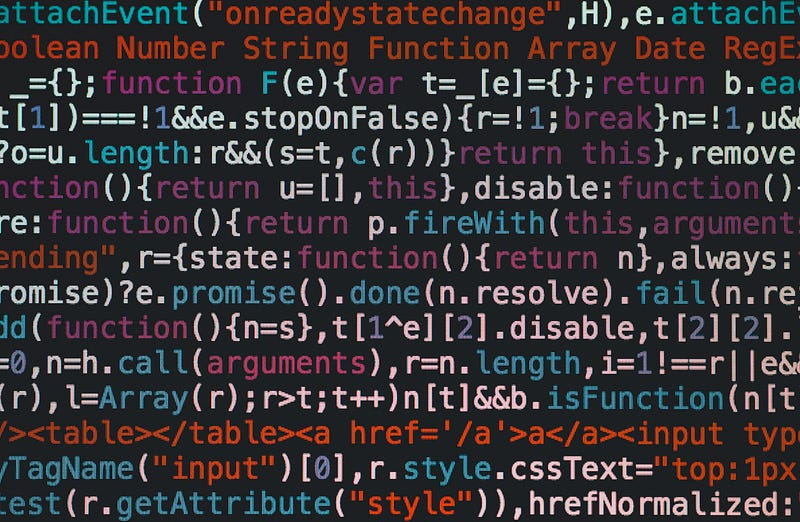
W3Schools (free)— a great place to practice syntax and you can easily navigate between topics.
SQLZOO (free) — has both self-paced tutorials and practices, though it’s worth noting that the concepts are relatively fundamental.
Datacamp (subscription needed for accessing most resources) — there are courses for different levels of SQL competency; intro and intermediate level would suffice for most interviews.
Udemy (priced by course) — there are a lot of good SQL courses on Udemy; just remember to buy them at a discounted rate (there is almost always a course on discount).
Udacity (subscription-based) — this is a more pricey option but has more structured learning that will take longer to complete. Udacity occasionally provides scholarships that are sponsored by companies, definitely keep an eye out for those awesome opportunities.
Section 2: Business Sense (Case-Based) Interview
Common for: Data Analyst, Data Scientist, Product Manager
Many data roles require business sense and interface regularly with business stakeholders. There are several variations of Business Sense interviews, ranging from the “traditional” open-ended case questions common in consulting interviews to more metrics-focused ones. However, in any case, interviewers want to test how you break down and approach a problem in a systematic and structured way and communicate your approach and findings.
There’s usually no right or wrong answer to these questions; it is more important how you arrive at a solution than what your exact answer is. It’s important to be able to break down problems in a MECE (mutually exclusive and collectively exhaustive) fashion and be familiar with the top-down and/or the bottom-up approach of solving problems.
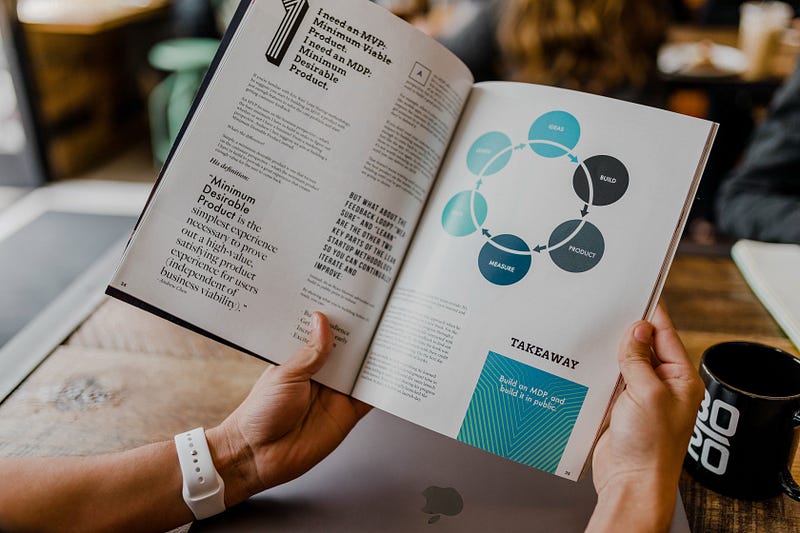
Disclosure: This section contains affiliate links, meaning I get a commission if you decide to make a purchase through the links here, at no cost to you. All the books recommended here are the books I used and liked during my own interview prep. (the affiliate links are marked with “*” and you can always bypass it by searching for the book names directly from Google).
Case In Point*: this is the OG case study guidebook that’s described by the Wall Street Journal as the MBA bible. If you have never seen a case study and have never heard of the “MECE” framework before, this might be a good place to start as it will help train the structured thinking style.
Case Interview Secrets*: written by a former McKinsey consultant, this book not only demonstrates the best frameworks for case interviews but also illustrates the best communication style (most analytical interviewees struggle with top-down communication since analytics requires you to be in the weeds most of the time, but a lack of structure in your communication style can easily confuse your interviewer and make your message lost during an interview).
Product Manager Interview*: this book lays out hundreds of real questions and answers from PM interviews with big companies, and it provides detailed analyses for each sample answer. Note this book doesn’t have frameworks laid out in detail, so it’s better to be used to practice after you learn the frameworks.
Crack the PM Interview*: this book offers a detailed guide for each component of the PM interview. If you are interviewing for DS or Data Analyst jobs, you only need to focus on the metrics questions and case questions.
Decode and Conquer*: this book complements the Product Manager Interview book by providing frameworks and techniques used to approach those sample questions.
Lewis C. Lin is a big icon in the product management world and he has a lot of good tricks and advice not only for PM interviews but also for training your business and product acumen. He has his own website where you can read about product-management-related blog posts and sign up for his newsletter.
Section 3: Behavioral Interview
Common for: All the roles
The Behavioral Interview focuses on your past experiences as well as hypothetical questions to assess whether your experience and working style fit the role, the team, and the company culture. The best way to prepare for this portion of the interview is to do mock-interviews with a friend and make sure you are SUPER familiar with everything that’s on your resume. It’s not a good look if you are asked about a project on your resume and you can’t recall what you did exactly.
The typical framework used for behavioral interviews is called the STAR (Situation, Task, Action, Result) method. Based on my experience as an interviewer, a lot of technical talents tend to focus too much on the “task” and “action” components and not enough on the “situation” and “result”. Keep in mind, your interviewer usually has neither the time nor enough context to find out about the deep-in-the-weeds nitty-gritty technical details of your project. Make sure to give the interviewer enough background story (situation) and make sure to highlight the end result to showcase your top-down communication style and your ability to drive results and impact. And don’t worry, if the interviewer IS interested in the technical details, they will ask and give you time to talk about it more.
Indeed — this is a good list of frequently asked questions to start with
Googling “behavioral questions” will give you a lot more resources to prepare for this portion of the interview
No matter which interview topic you decide to focus on first, remember: Practice makes perfect. Memorizing frameworks (or syntax for the coding portion) is never enough; knowing how to apply them is the key.



